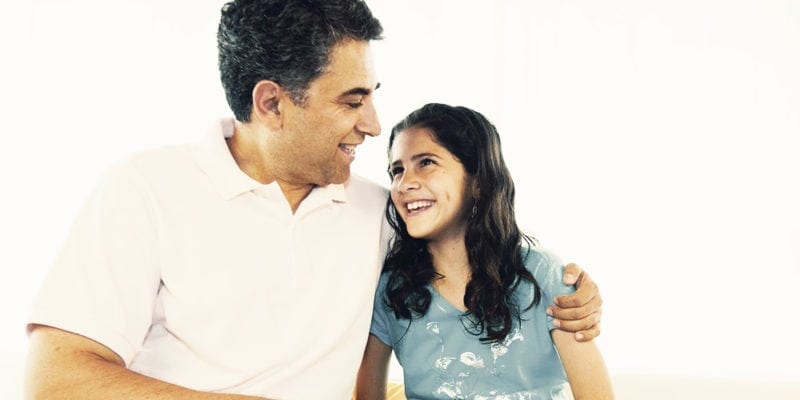In the movie My Cousin Vinny, two college students named Billy and Stan are wrongly accused of murder. Billy’s cousin, fresh off of passing the bar exam agrees to defend them. When he shows his inexperience by messing up the preliminary hearing they consider firing him. However, Billy ultimately decides to stay with Vinny. When Stan gets angry about it, Billy tells him about a time when a famous magician performed at a family event. Every time the magician tried to do a trick Vinny read it and called him on it. He was able to see beyond the illusion to what was really happening.
Our kids have a lot of thoughts and emotions going on below the surface, while they may be projecting something different above the surface. Knowing how to read them allows you to get to the core problems quickly so the necessary adjustments can be made. Former FBI counter intelligence and undercover agent Larae Quy knows a lot about reading people. Here are five interesting tips she gives on how to read people to help us with our kids and make the changes needed.
1. Know Their Non-verbals
When it comes to reading someone, Larae Quy says you need to establish what is normal for someone. Get to know your child’s non-verbals: facial expressions, hand gestures, and body posture. Know what each of them means. Spend time observing and studying them. Take note of how they respond when playing games with them when they win and lose. Help them with their homework and pay attention when a subject is difficult. Talk it over with your spouse.
2. Beware of Multiple Variations
Once you have established a normal base of behavior an alarm should go off when the normal behavior is broken. It should alert you to the fact that something more is happening below the surface and it is time to look more closely. However, Quy cautions that one variation from the norm can mean nothing at all. It is a string of variations that add up to trouble. For example, if your child normally makes eye contact, but all of a sudden is looking at the ground while asking you for permission to sleep over a friend’s house, it doesn’t mean she is up to no good. It could mean she thinks you might say no. However, if she is also normally composed and she is fidgeting as well then you have two variations and something is probably up.
3. Ask Questions and Listen Intently
Ask open-ended questions and let them talk. The right questions at the right time can get kids flowing with conversation. When kids start talking don’t interrupt. This is your opportunity to concentrate not only on their words but on the meaning behind the words. Pay close attention to their action words. I’ll never forget one teenager telling me that his dad was obsessed with his brother. What he meant was his dad loved his brother and not him. The words our kids choose have deep meaning.
4. Watch Their Feet
Quy calls this the most honest part of the body. Most people (particularly teens) work hard to control their facial expressions to make sure the outside doesn’t portray what is happening on the inside. The more sophisticated will also work on their body language, but few will work on controlling their feet. The feet tend to move when someone is nervous, they bounce when excited, they point away when the person wants to leave, and they lock or get crossed when someone is closed off or wanting to create a wall.
5. Recognize Their Parroting
The brain of a child does not start to develop an ability to think abstractly until around fourteen and it takes years until that development is complete. So when you hear a child fourteen and under say something insightful and articulate, more than likely, they are just repeating back something they have heard about the subject at hand. Don’t assume they understand anything they are saying. Repeating something insightful doesn’t make them insightful. Ask follow up questions to gauge their true level of comprehension about the subject at hand.











Huddle up with your kids and ask, “If there was one thing about your life you could change what would it be?”